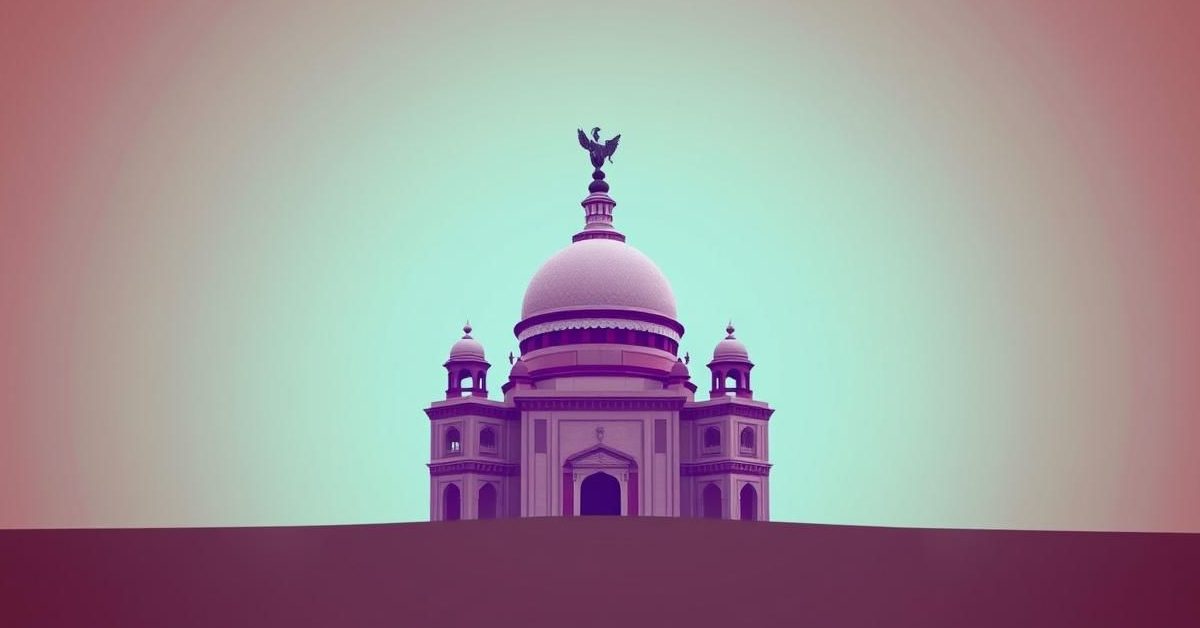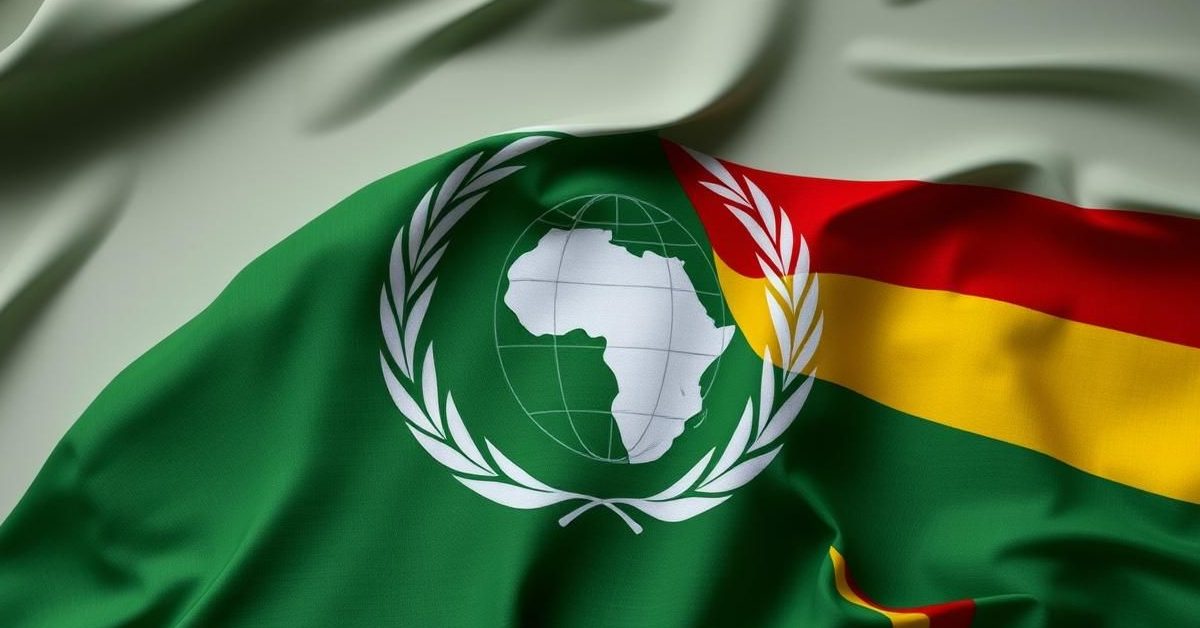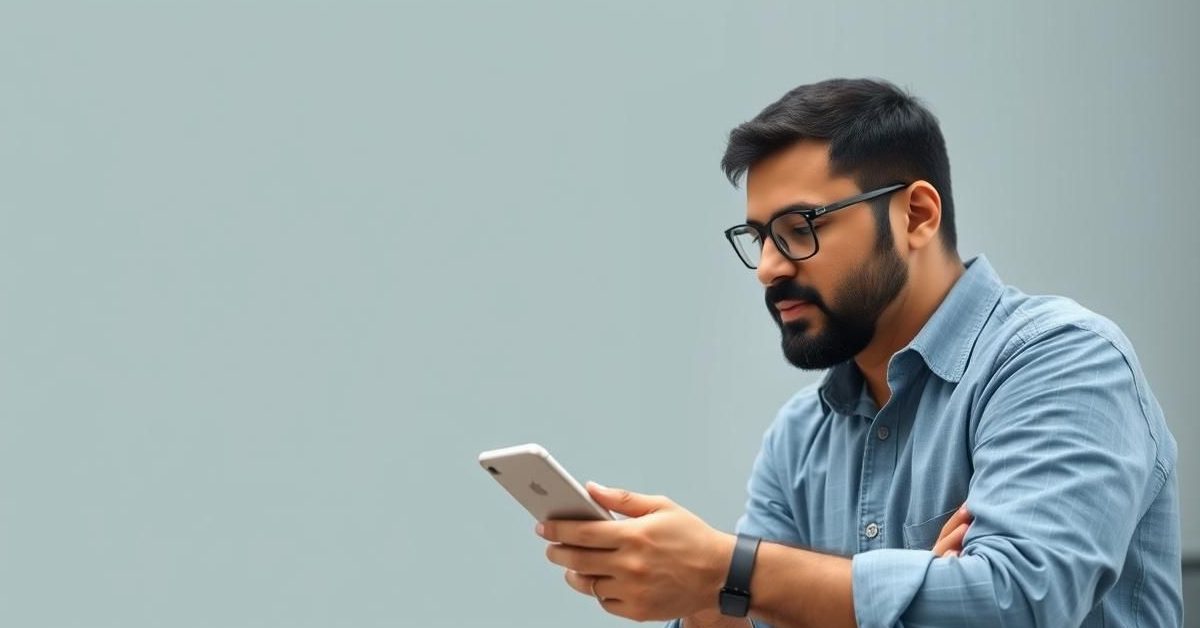This article explores two pressing issues recently in public debate: the constitutional implications of the ‘One Nation, One Election’ proposal and the challenges faced by Indian students seeking higher education opportunities in Canada.
One Nation, One Election: A Constitutional Debate
The proposal for ‘One Nation, One Election’ (ONOE) aims to hold simultaneous elections across India. This concept has spurred significant parliamentary debates, particularly concerning the discretionary powers it would grant to the Election Commission (EC).
Former Chief Justices of India have voiced concerns regarding the broad authority proposed for the EC under this new framework. They question whether empowering the EC to unilaterally decide on delaying simultaneous polls for a state is constitutionally sound.
The core of the debate lies in how these extensive powers might interact with Article 14 of the Constitution, which guarantees equality before the law and equal protection of laws. Critics fear that broad, unchecked discretionary powers could be seen as arbitrary and potentially violate this fundamental right.
The 129th Constitution Amendment Bill, designed to facilitate ONOE, suggests that the EC would determine the feasibility of simultaneous polls. Specifically, it proposes allowing the EC to recommend to the President a delayed election for a state assembly if it deems simultaneous conduct impossible.
To address these concerns, former CJIs have proposed amendments. They suggest including parliamentary oversight over the EC’s scheduling decisions and narrowing the grounds for delaying elections to critical situations like “public order or national security.” This would prevent arbitrary use of power and uphold constitutional principles.
India–Canada Educational Diplomacy and Student Visas
Recent data indicates a notable decline in Canada issuing student visas to Indian applicants. In the first quarter of 2025, only 96,015 study permits were granted, a significant drop compared to the same period last year.
Many students attribute their visa rejections to the use of Artificial Intelligence (AI) in the processing system, believing it leads to rejections without sufficient human review. However, experts offer a different perspective on AI’s role in these outcomes.
According to these experts, the primary issue isn’t AI itself, but rather how applicants use it. Many students and even some study abroad consultants have become overly reliant on AI to draft crucial visa documents, such as Statements of Purpose (SOPs).
While there are no explicit rules against using AI, the technology tends to produce generic, templated text. This makes applications seem robotic, impersonal, and repetitive, failing to highlight the applicant’s unique qualities or genuine motivations. Such SOPs often lack personal insight and a clear connection between past experiences and future academic goals.
Relying heavily on AI can signal a lack of effort and seriousness to visa officers, which can jeopardize approval chances. Beyond a strong SOP, the importance of submitting detailed and credible financial documents, along with accurate and honest paperwork, remains paramount for successful visa applications.
- The ‘One Nation, One Election’ proposal raises concerns about the Election Commission’s discretionary powers conflicting with constitutional equality.
- Former Chief Justices have called for parliamentary oversight or stricter criteria for the EC’s power to delay simultaneous elections.
- Canadian student visa approvals for Indians have significantly decreased, with AI-generated application content cited as a major contributing factor.
- Experts advise against generic AI-produced documents, stressing the need for authentic, personal, and well-supported applications for student visas.
Both discussions highlight critical aspects of governance and international relations, urging a closer look at policy implications and individual responsibilities in navigating complex systems.















